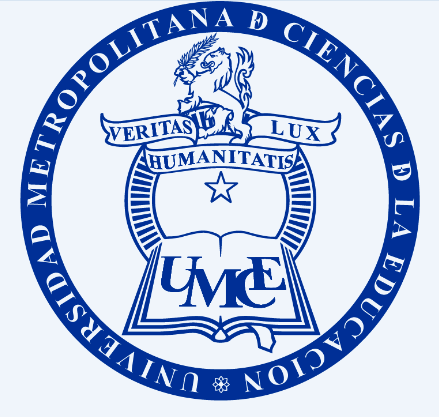Main Article Content
Oct 23, 2018
Abstract
Politics and Tragedy in Aeschylus: approaches the configuration process of Aeschylu’s tragedy, related to the idea that in his work intrinsic conceptualizations of greek culture are found, which are the base for Athenian political development. Thus, tragedies in Aeschylus will be analyzed under this premise. With the objetive to reflect these conceptualizations and understand how the Aeschylus work enrolls in the opposition of opposites present from philosophy to politics and how there exists a search for harmony in his tragedies. In his productions the opposition of contraries will be observed, as guidelines of tragedy and politics; also the evolution of justice will be observed from the law of retaliation, to the divine law until the instauration of human justice with the arrival of Areopagus’ amity. These concepts represent the corollary of political philosophical sustenance inserted in Aeschylus, the confrontation of opposites (power), its proximity (politics) and the search of harmony (democracy) as a vital purpose.
Downloads
Policies for open access journals
Authors who publish here accept the following terms: Authors will keep their copyright and will guarantee the journal the right to the first publication of their work, which will be subject to the Licence of Creative Commons acknowledgement, which allows for the use of this material only if the authorship is credited and the original source is acknowledged (the journal’s URL), and if it is not used with commercial ends and with any derivations of the original work.
Authors may adopt other non-exclusive license agreements of distribution of the published version (e.g. to save it onto a digital institutional archive or publish it in a monographic volume) only if the initial publication of this journal is indicated.
It is permitted and recommended for authors to divulge their work on the Internet (e.g. institutional digital archives or webpage) before and during the submission process, which may lead to interesting exchanges and increase the citations of the publication. (See Open Access Effect).






